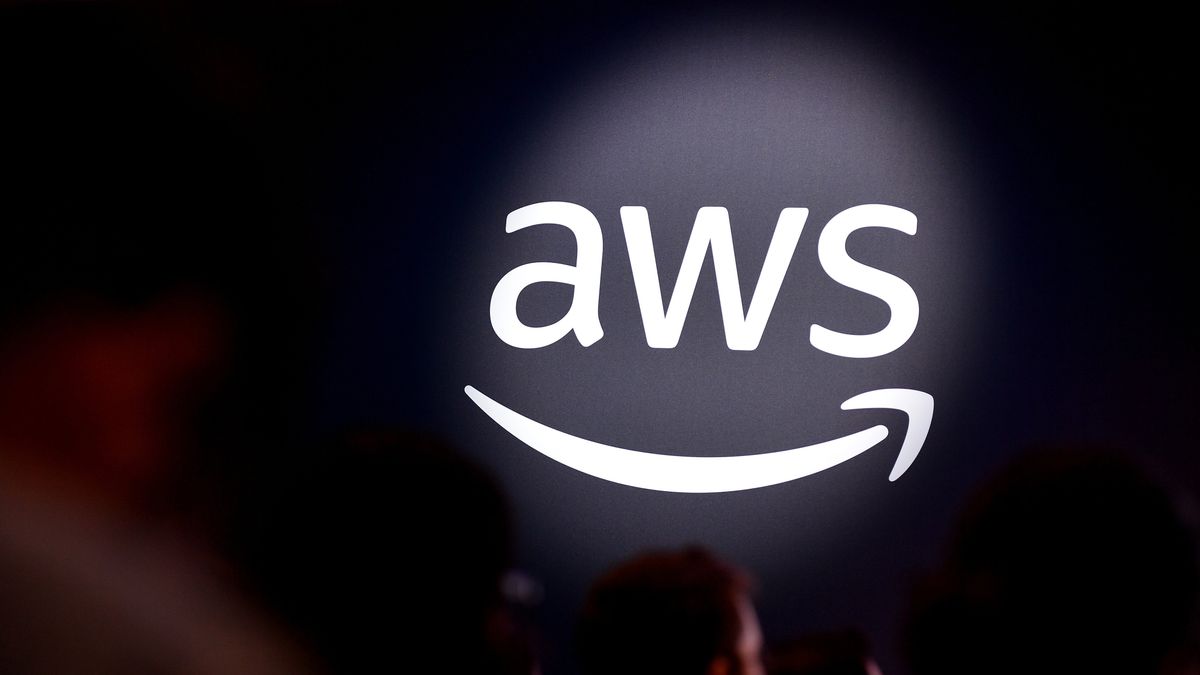VMware announced a raft of improvements to its VMware Cloud platform at this week’s VMware Explore conference in Las Vegas.
Previously, VMware’s on-premises private cloud solution, VMware Cloud Foundation, and its public cloud offerings were managed separately. Now, enterprises will be able to manage all their cloud deployments from a single location. In addition, customers will see improved integrations with the major cloud providers as well as faster disaster and ransomware recovery.
Central management
“We’re actually bringing together a lot of disparate solutions under a common framework, VMware Cloud,” says Rick Walsworth, VMware’s director of product marketing for the cloud infrastructure team.
Previously, customers with on-premises infrastructure managed that in their local environment. And cloud assets were managed in their own control plane.
“We’re bringing that together in one console,” Walsworth says. “Both the cloud-connected capabilities and the on-prem capabilities. This is really the first of several innovations that you’re going to see from us over the coming quarters as we evolve and bring these platforms together.”
The single pane of view will be cloud-based, he says, and can be accessed to anyone, anywhere, who has a secure connection to the console.
More integrations
Other new features now available in VMware Cloud include expanded integrations with the major hyperscale cloud providers. For example, in addition to being available on AWS instances, VMware customers can now also deploy on AWS bare metal.
VMware is also coming to Equinix bare metal, but that is expected in the first half of next year. Customers will be able to deploy the full VMware Cloud stack in Equinix data centers, on their bare metal infrastructure.
“We’re giving customers more choice, more options,” says Walsworth.
There are also incremental improvements with Azure, Google Cloud, and Oracle Cloud, he says. Azure has recently introduced stretch clusters, which will now be available on VMware Cloud. Google has introduced a service for assisted AI chat and next-generation Google cloud instances. Oracle cloud will now support higher densities and the VMware Tanzu application platform.
Meanwhile, IBM is expanding its VMware offerings.
Currently, there are three main management options for VMware cloud: Customers can manage it themselves and deploy on premises, VMware can manage it for them and deploy on a variety of cloud platforms, or the cloud provider or third-party partner can manage the platform.
“IBM has been one of our strongest partners over the years,” says Walsworth. “They took our base product and created a product out of that.”
Now, IBM is going to be offering the full stack of VMware editions, including the advanced and enterprise versions, which gives customers more features and capabilities. “It gives them the ability to do a premium gold and silver tier,” says Walsworth.
Faster recovery
VMware Ransomware Recovery became generally available in October of 2022 after being announced this time last summer. It was available for on-premises VMware deployments as well as those running on VMware’s own cloud and on AWS.
Now, the service is being expanded to include Google Cloud, says Mark Chuang, senior director of product marketing for core products and services for VMware’s cloud infrastructure business group.
In addition, ransomware recovery will now happen faster, since customers will be able to restore multiple virtual machines at once. “This would normally be a manual process,” he says.
Another update, which will be available next year, will allow customers to run production workloads in the cloud until on-premises forensics are completed.
“VanEck’s systems need to be readily available 24/7 to serve our financial services clients around the world,” said Alaa Elbanna, Infrastructure Administrator at VanEck, a New York-based investment management firm, in a statement. “Previously, recovery was complicated and time consuming. We had to use three to four different products just to get things back up and running.”
VMware Ransomware Recovery, which took less than two days to deploy, made the process faster and easier, he said. “Now we can quickly identify recovery point candidates, test them in an isolated cloud-based environment that’s easily provisioned, and get back to business faster,” he said.
Copyright © 2023 IDG Communications, Inc.











